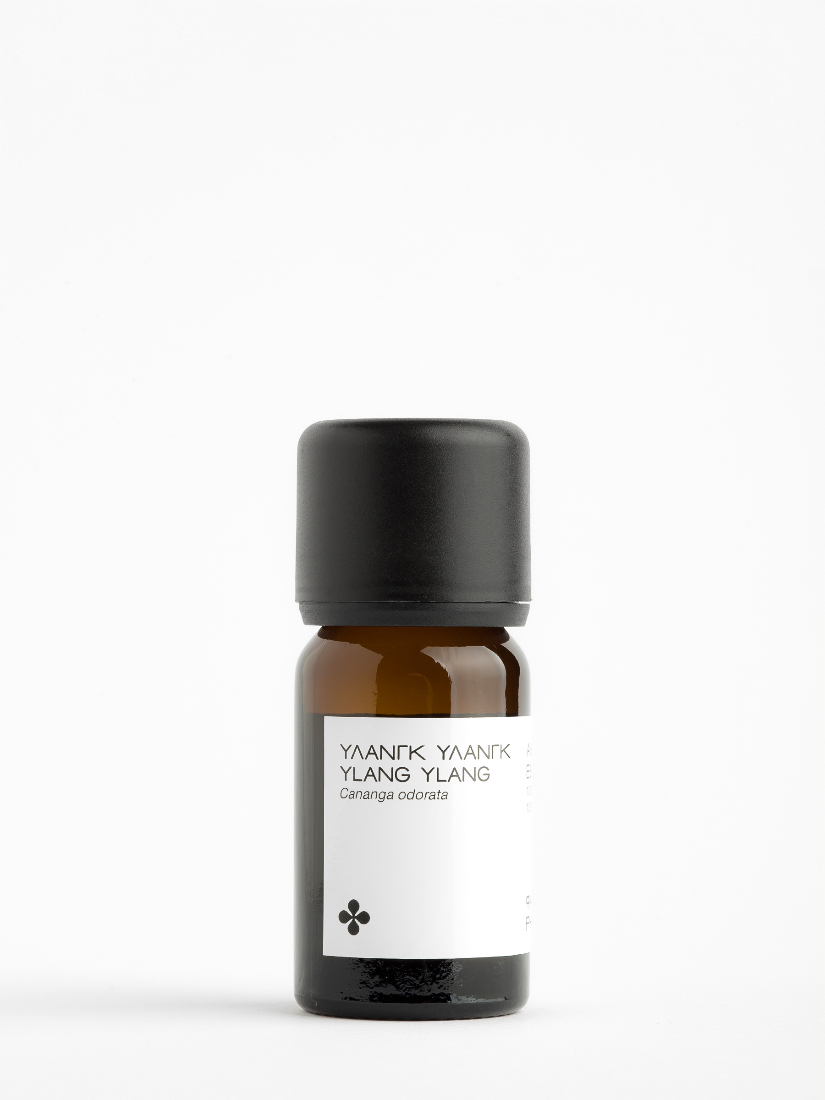Ylang-ylang essential oil is extracted from the flowers of the Cananga odorata plant via steam distillation.
Formulated with: 100% ylang-ylang essential oil, eugenol, geraniol, benzyl, benzoate, farnesol, linalool
Formulated WITHOUT: preservatives, chemical additives, artificial pigments, fragrance, genetically modified organisms (GMO), mineral oil

